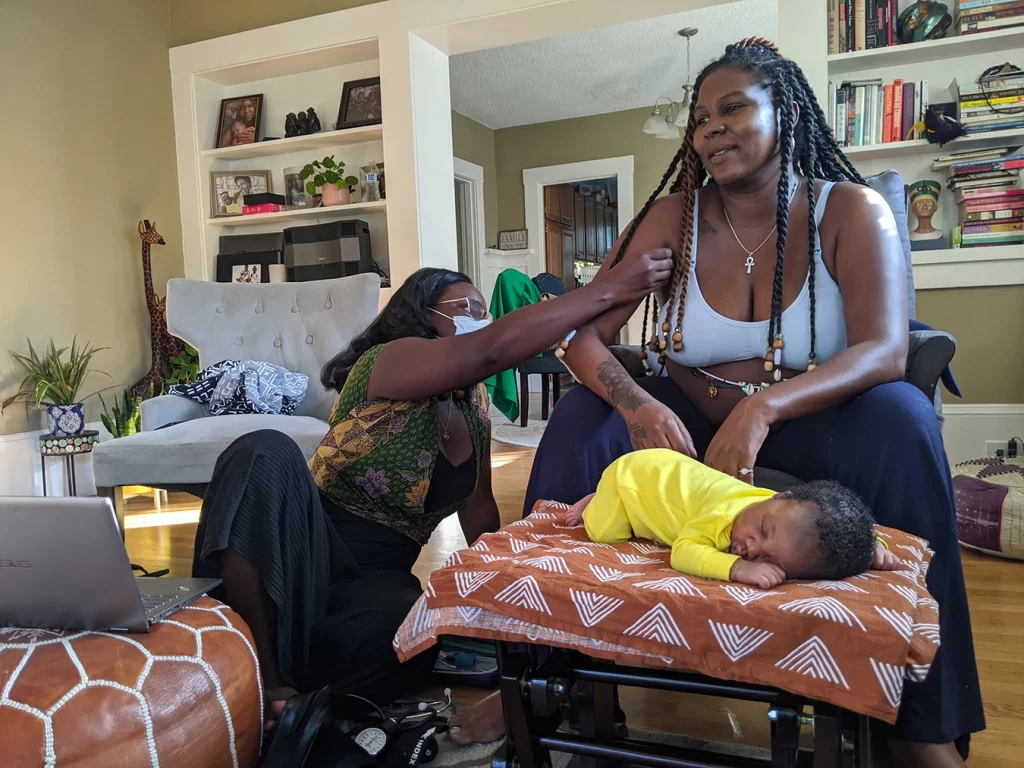Reclaiming Your Womb: The Importance Of Home Births
Share

Academics interested in the holistic discourse of health define home birth as a residential birth (like your home) as opposed to a hospital or a birthing centre. They may be attended by a midwife (who can be assisted by a doula) or facilitate their own birth. Home birth, as a term, was coined in the modern age of medicine, which began to take shape as far back as the 19th century, serving as the de facto method of delivery until hospital births became a norm.

Multiple studies in the medical field have advocated against home births, citing safety concerns for both child and mother as the main premise of their arguments. Standard practices and access to emergency hospital care make it difficult to ensure an unlikeliness of stillborn births, seizures, and serious neurological problems compared to hospital-born babies.
In the same breath, hospital births are faced with labour wards with neither enough capacity for a large quantity of expecting mothers nor do they have enough staff to offer them individual, specialised care. These issues have resulted in a medical shortcut culture, where the numbers of unnecessary caesarean births, obstetric violence, and needless interventions have increased.

As far as the history of home births is concerned, research archives have shown that high-risk pregnancies were low in the 20th century; this was owing to the presence of a midwife who would closely monitor the women’s condition until they had given birth. Home birth midwives are qualified, skilled, and fully equipped to facilitate the standard practices the hospital community requires.
These custodians of safe birth work closely with a doula to guide and support the mother during labour and birth, collaborating with their respective partner/new co-parent to ensure a strong family formation. They will acknowledge the mother’s concerns and communicate effectively, allowing them to choose the birth position that is most comfortable for them.
Hospital and birth centres were established. Families had more choices as to where and how they chose to birth. There was an increase in home births during COVID, proving home birth not to be such a bad idea.
Home birth benefits include:
- Feeling safe
- Less traumatic birth experiences
- Unlimited movements during labour
- Food and drink (without restriction)
- Adjustable lighting
- Privacy
- Music or silence

This is not to drive a wedge between the fields of medical and holistic science but rather it is to accentuate the importance of considering home births as an empowering alternative. If anything, future midwives and doulas ought to take an interest in the medical fields and the technologies they can incorporate into their practices, fostering a dynamic of preparation for any and every outcome.
“Just as a woman’s heart knows how and when to pump, her lungs to inhale, and her hand to pull back from fire, so she knows when and how to give birth” – Virginia Di Orio




